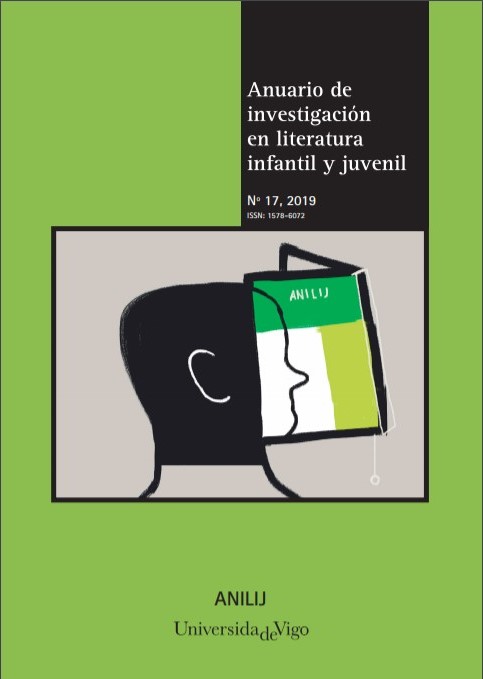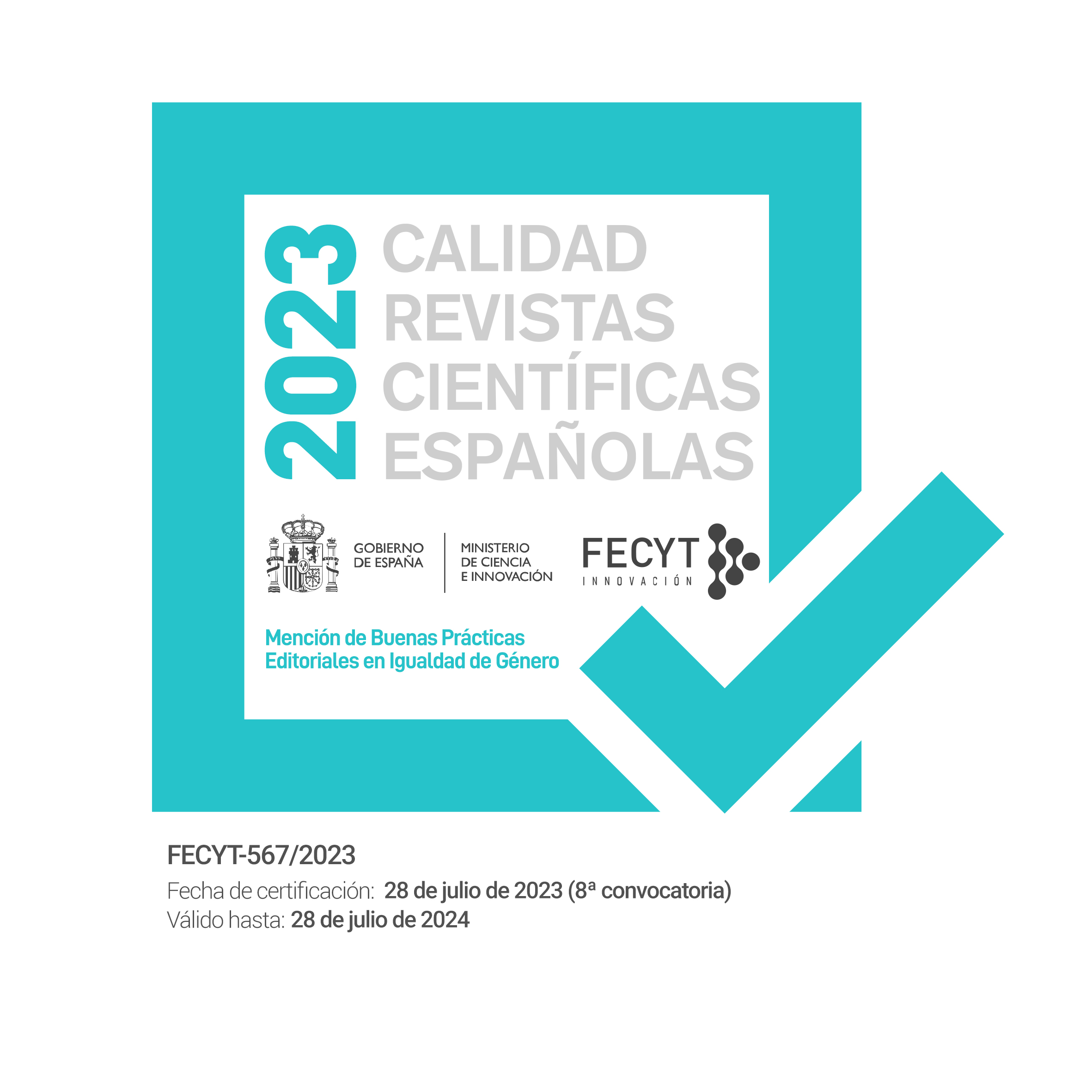CONTRIBUTIONS OF COGNITIVE SCIENCE TO CHILD L2 LEARNING. A STUDY APPLIED TO GERMAN AS A FOREIGN LANGUAGE
DOI:
https://doi.org/10.35869/ailij.v0i17.1423Abstract
The contributions of neuroscience to the knowledge of learning processes have generated a wide range of researches. These works consider the new evidences on brain functioning as major factors when dealing with the design of methodological resources for the classroom. Neuroeducation is an interdisciplinary area that combines neurocognitive and didactic knowledge and put them at the service of the better development of educational dynamics aimed to children. This area is therefore presented as the proper frame to join new aspects such as the operational system of the memory, attention processes or emotions, which so far have been excluded from the systematization and description of the teaching-learning process. Neuroscience comes to unambiguously prove some issues, already assumed by the Didactics and already transformed into resources like active methodologies or collaborative learning. Yet some aspects attached to Learning as a discipline are still to be integrated, i.e., emotional processes and stimulus processing have been proved to be relevant factors when it comes to success in learning. The present study hosts some contributions to the principles of Learning from a neurocognitive approach and sets as an objective the inclusion of these contributions within the frame of the teaching-learning process of German as a foreign language in children.
Downloads
Downloads
Published
Issue
Section
License
Anuario de Investigación en Literatura Infantil y Juvenil has been published in open access from 2019 (vol. 17). The journal allows the authors to retain publishing rights. Authors may reprint their articles in other media without having to request authorization, provided they indicate that the article was originally published in Anuario de Investigación en Literatura Infantil y Juvenil. The journal holds the copyright of printed issues (volumes 0-16).





